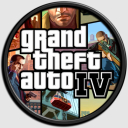Decoding the Melody: The Guitar Hero Series - A Retrospective
Sep-22-2023
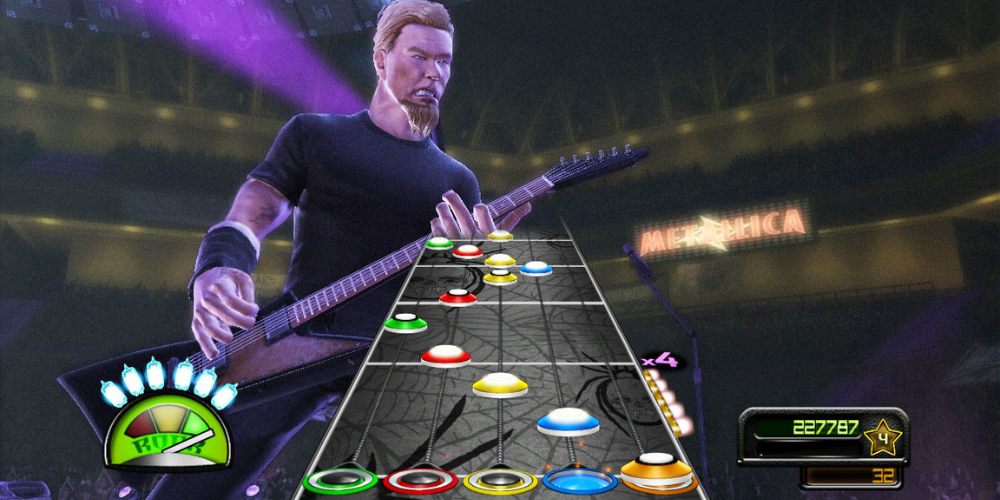
The Genesis of Guitar Hero
The Guitar Hero series, a rhythm game franchise, emerged through the collaboration between RedOctane and Harmonix. Launched in November 2005, its primary concept of using a guitar-shaped controller to simulate the playing of rock music struck a chord with consumers and it quickly gained popularity. RedOctane was responsible for the hardware while Harmonix meticulously designed the software aspect. This promising venture soon caught the attention of Activision, which bought RedOctane in 2006.
The Guitar Hero Series: A Melodious Journey
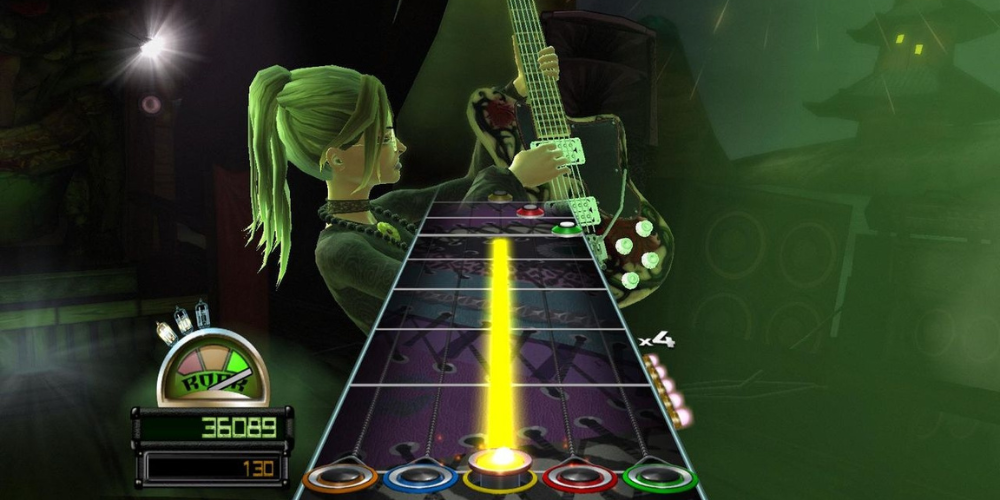
Unveiled in 2005, the inaugural ‘Guitar Hero’ set an exciting premise where players could feel like rock stars. Following its success, ‘Guitar Hero II’ was released in 2006 with improved features and a larger setlist. The series then rapidly expanded with ‘Guitar Hero III: Legends of Rock’ in 2007 introducing competitive multiplayer modes and avatars. In 2008, ‘Guitar Hero: World Tour’ made its debut, broadening gameplay to include drums and vocals, providing an immersive band experience.
In 2009, ‘Guitar Hero 5’ ushered in a more flexible experience, enabling any combination of instruments to be played. The same year, ‘Band Hero’ put a pop-oriented spin on the franchise, aiming at a broader demographic. 2010 marked the final entries in the main series with ‘Guitar Hero: Warriors of Rock’ featuring a story-driven Journey mode.
Spin-offs and Side Stories
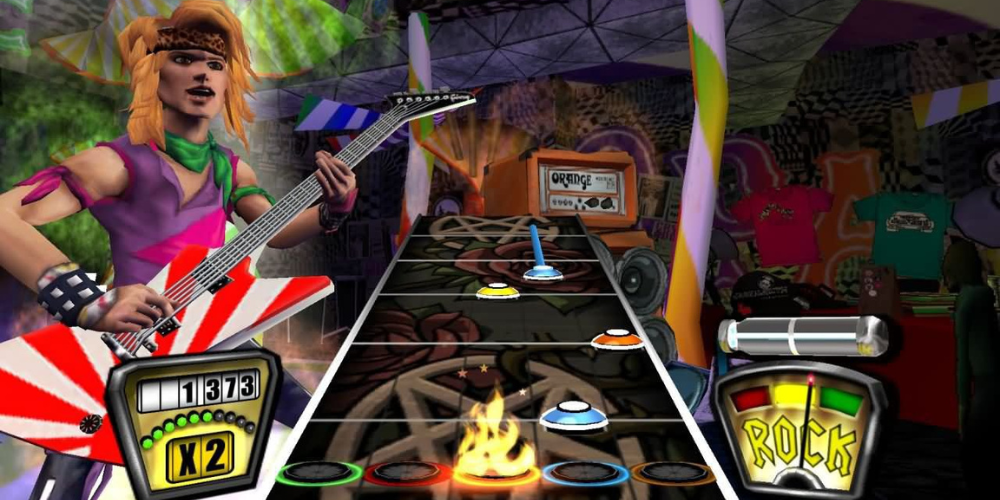
Besides the main titles, the Guitar Hero series embraced diverse genres and styles through spin-offs. ‘Guitar Hero: Encore Rocks the 80s’ in 2007 and ‘Guitar Hero: Aerosmith’ in 2008 provided thematic gameplay centered around specific music eras and bands. ‘Guitar Hero: Metallica’ and ‘Guitar Hero: Van Halen’ followed a similar pattern in 2009, showcasing the depth and appeal of the franchise.
Pulse of the Future
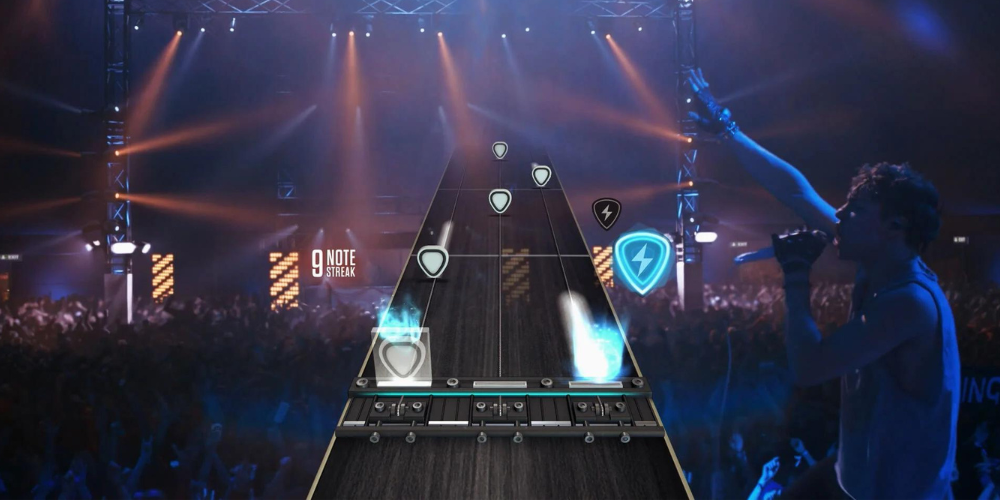
After a 5-year hiatus, the series resurfaced in 2015 with ‘Guitar Hero Live’ featuring a novel first-person perspective and real-world music videos. Unfortunately, the game’s GHTV service was discontinued in 2018. Despite these setbacks, fans continue to hope for a series revival. The Guitar Hero series has immense potential for future development, given the rightful combination of technology and gaming trends in rhythm-based games.
The Guitar Hero Legacy: A Final Note
In conclusion, Guitar Hero emerged as one of the most influential franchises in rhythm gaming, creating a unique experience for music enthusiasts and gamers alike. It brought music to the fingertips of the masses, enchanting them with memorable tunes and competitive gameplay. Even though the series’ future is uncertain, its legacy continues to resonate among its fanbase, perfectly capturing the spirit of rock 'n' roll in the form of a game.




